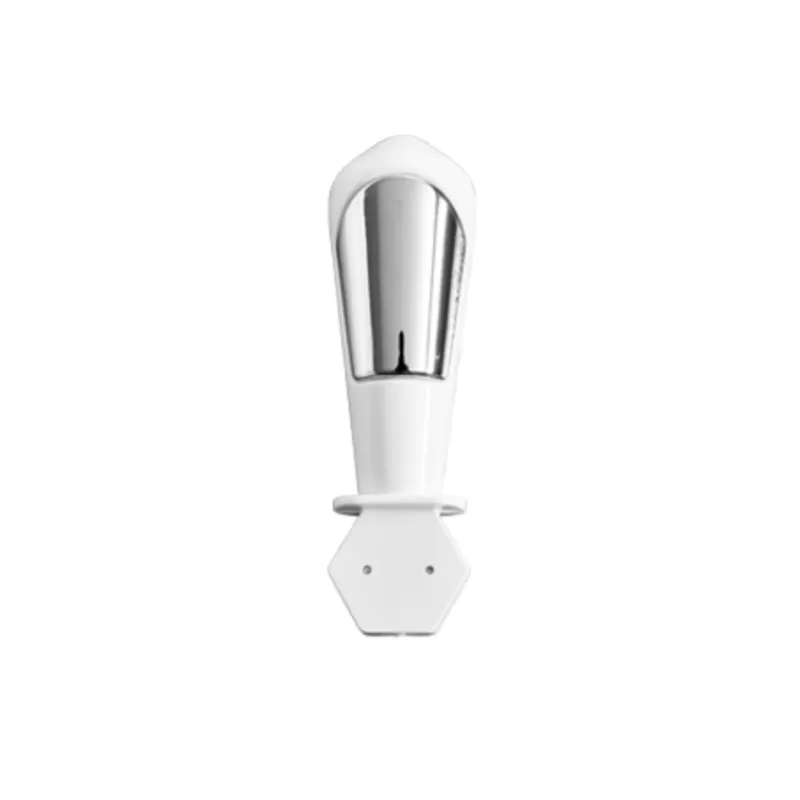Pelvic Floor Weakness
Pelvic Floor Weakness
Pelvic Floor Weakness
Condition
Weak pelvic floor causing urinary incontinence, prolapse and sexual dysfunction? Restore and rehabilitate your pelvic floor with our advanced technology here at the R Clinic
What is Pelvic Floor Weakness?
What is Pelvic Floor Weakness?
The female anatomy evolves over time due to multiple factors: pregnancy, childbirth, hormonal transformations, menopause, and aging. Inevitably, the female pelvic floor is negatively impacted leading to pelvic floor weakness, urinary incontinence, prolapse of pelvic organ, and a reduction in the quality of life.
What causes Pelvic Floor Weakness?
What causes Pelvic Floor Weakness?
The pelvic floor can be weakened by:
- Supporting the weight of the uterus during pregnancy
- Vaginal childbirth, which may overstretch the muscles
- The pressure of obesity
- Chronic constipation and straining to poo
- Constant coughing
- Some forms of surgery that require cutting the pelvic floor muscles
- Lower levels of oestrogen after menopause
- Persistent pelvic floor muscle tension caused by painful periods, endometriosis.
How can we help?
How can we help?
As a women led team at FEMME, we understand the unique needs and concerns of women. Our mission is to empower women though innovative and state of the art treatments, helping to remove the stigma around feminine health.
Here at Femme by THE R CLINIC, we utilize VTone® which is FDA & TGA cleared technology designed to provide intra-vaginal electrical muscle stimulation to re-education and rehabilitate weak pelvic floor muscle hence preventing the need for corrective surgery. Please contact us to book a consultation with one of our practitioners and to find out how VTone® treatment may be suitable for you.

FAQ
Have further questions or want to learn more?
What are the symptoms of pelvic floor muscle dysfunction?
- Leaking urine when coughing, sneezing, laughing or running
- Failing to reach the toilet in time
- Passing wind from either the anus or vagina when bending over or lifting
- Reduced sensation in the vagina
- Tampons that dislodge or fall out
- A distinct bulge at the vaginal opening
- A sensation of heaviness in the vagina
- A heaviness or dragging in the pelvis or back
- Recurrent urinary tract infections, or recurrent thrush
- Vulval pain, pain with sex, inability to orgasm.
What are the complications of pelvic floor muscle dysfunction?
Loss of bladder control is a common symptom of a pelvic floor dysfunction. Some people experience anal incontinence, which means they can’t always control the passage of wind (gas) or faeces (poo).
Weak pelvic floor muscles can also cause sexual difficulties such as reduced vaginal sensation. If the muscles are weak but overactive (or working too hard) this can cause painful sex or vulval pain and can also cause reduced bladder control.
In some cases, the internal organs supported by the pelvic floor, including the bladder and uterus, can slide down into the vagina. This is called a prolapse. A distinct bulge in the vagina and deep vaginal aching are common symptoms.
How can I find out more or get help?
If you have a problem with bladder or bowel control, it is important to be properly assessed as weak pelvic floor muscles are just one of the many causes of incontinence. You are welcomed to come in and have a chat with one of our medical professionals so that you can be provided with a guided management plan. You can also have a look at our resources section for more helpful information.


